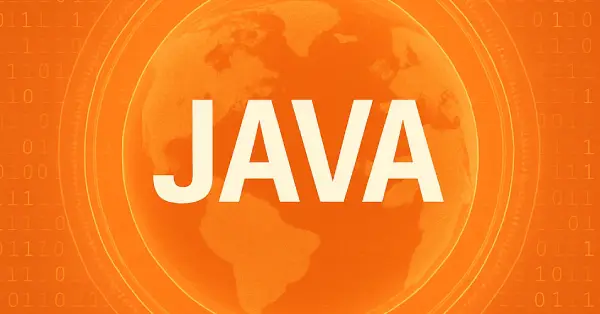A Beginner’s Guide to Java Full Stack Development Course
Java full stack development is a rapidly growing field with immense opportunities for aspiring developers. Whether you're a complete beginner or looking to expand your skill set, this course can open doors to a variety of exciting career paths.
6 Essential Tips for Java Full Stack Beginners
If you're considering a Java full stack development course, here are some essential tips to help you get started. Focus on building a solid understanding of both front-end and back-end technologies, practice regularly, and work on hands-on projects. Keeping up with industry trends and enhancing your problem-solving skills will set you on the path to becoming a proficient developer.
-
Understand What Java Full Stack Development Entails
This Java development involves expertise in both client-side (front-end) and server-side (back-end) development. It includes working with technologies like Java, HTML, CSS, JavaScript, SQL, and various frameworks such as Spring Boot. As a beginner, it's important to familiarize yourself with the core concepts of both the front-end and back-end to grasp the full scope of the field. Mastering Java will give you the ability to handle both client-side and server-side development tasks.
-
Learn the Basics Before Diving Deep
Starting with the basics is crucial. Before diving into more advanced topics, ensure you have a solid foundation in Java programming. Practice writing basic Java programs, understand object-oriented concepts, and get comfortable with databases and web technologies. This foundation will make it easier to absorb more complex topics in full stack development.
-
Hands-On Practice Is Key
Theory alone won't make you proficient. Consistently practice coding, engage in projects, and take part in programming challenges to enhance your skills. Hands-on experience is one of the most effective ways to learn and improve your skills. Platforms like GitHub allow you to showcase your work, and this will be helpful when you're looking for your first job as a Java full-stack developer.
-
Focus on Frameworks and Tools
As a Java full-stack developer, you'll be expected to work with various frameworks and tools. Spring Boot, Angular, React, and Node.js are popular technologies you'll need to learn. Many software training institutes offer comprehensive programs that cover all these tools in depth. Learning these frameworks will not only enhance your development skills but also increase your job readiness.
-
Stay Updated with Industry Trends
Technology evolves quickly, so staying updated is essential for career growth. Follow industry news, participate in webinars, and attend developer meetups. Java full stack development is an ever-evolving field, and staying updated with current trends will ensure you stay competitive in the job market.
-
Build a Strong Portfolio
One of the most effective ways to stand out as a developer is to build a solid portfolio of projects. Include personal projects, internships, and any freelance work you may have done. A well-rounded portfolio can be the difference between landing an interview and being passed over. Remember, employers value practical skills just as much as certifications.
Conclusion
Embarking on the journey to becoming a Java full stack developer can be both exciting and challenging. By choosing the right resources, practicing regularly, and learning from reputable training institutes, you can successfully develop the skills needed to excel in this field. If you're ready to kickstart your career with job-oriented programs, connect with our expert trainers at Siva Academy today.






